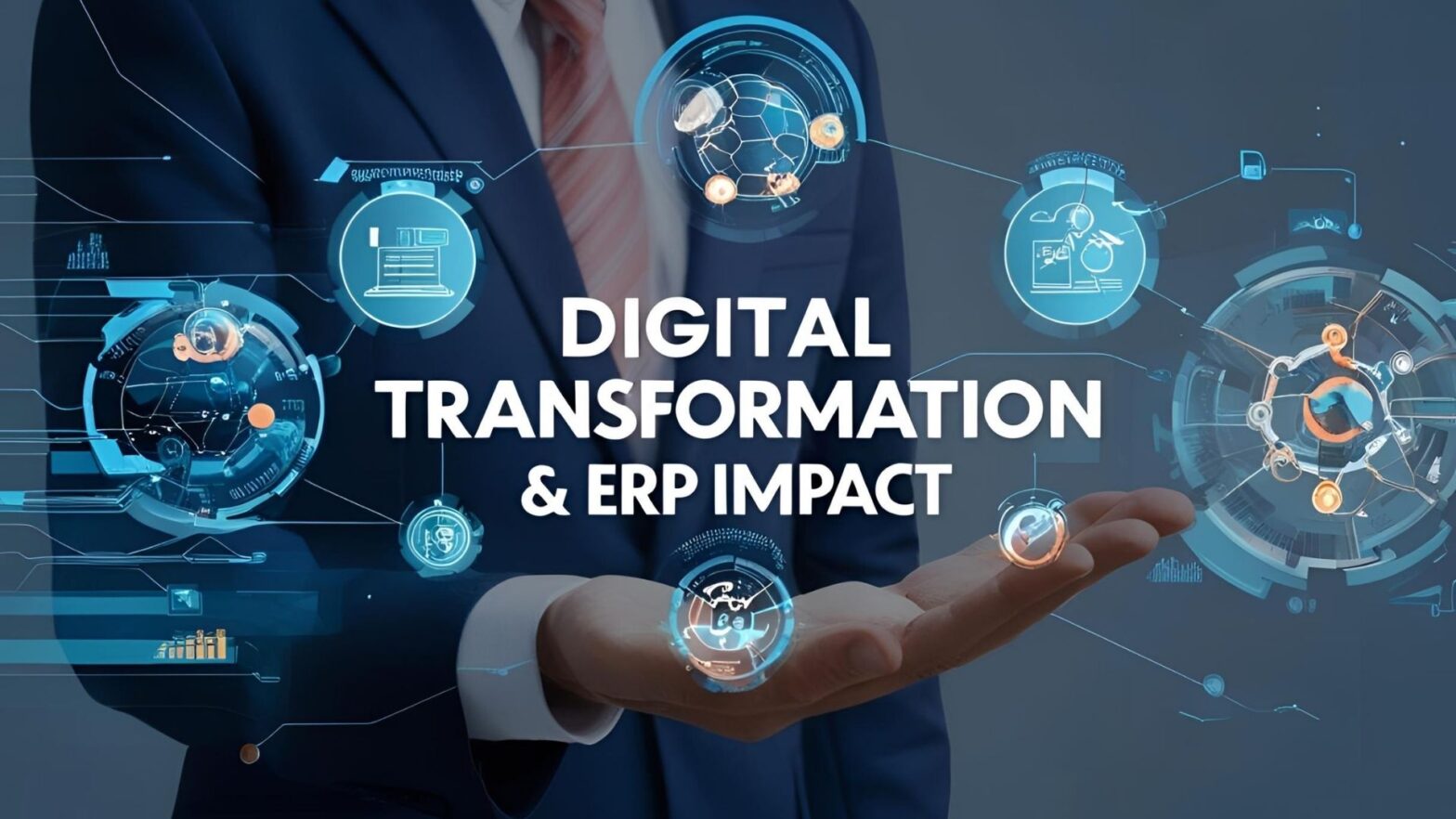When selecting an ERP system for a building material supply business, one of the first big questions is this:
Do we need a fully custom solution—or will a configurable ERP get the job done?
It’s a critical decision that affects your timeline, cost, scalability, and how well the system supports your daily operations over the long haul. Let’s break down the difference, and help you figure out what’s right for your business.
Custom ERP: Built from the Ground Up
A custom ERP system is developed specifically for your business—starting from scratch or with minimal base code. It’s tailored exactly to your workflows, terminology, processes, and reporting needs.
Pros:
Fully tailored to your exact operations
Matches your workflows without compromise
May offer competitive advantage if your processes are highly unique
Cons:
High upfront cost and long development time
Ongoing maintenance and updates fall on you or your developers
Harder to scale or adapt quickly to market changes
Vendor lock-in if only one developer understands the system
Custom systems can work well for companies with highly specialized processes—but they’re often expensive and rigid in the long term.
Configurable ERP: Flexibility Without Reinventing the Wheel
A configurable ERP is pre-built software designed for your industry (like building materials or construction supply) that can be adapted to fit your business through settings, modules, and user roles.
Pros:
Faster to implement
Lower cost compared to custom builds
Easier to upgrade and maintain
Built-in best practices from your industry
Flexibility to scale or change over time
Cons:
May require some process adjustment
Some limits on deep customization
Dependent on the provider’s roadmap for long-term updates
For most construction supply distributors, configurable ERP offers the best balance—industry-fit functionality with the flexibility to grow.
Which One Is Right for You?
Here are a few questions to help decide:
Are your processes truly unique, or just specific?
If your workflows are like others in your industry, you likely don’t need full custom.
Do you have in-house IT/development resources?
If not, managing a custom system can be a big burden over time.
Do you want fast ROI and easier upgrades?
A configurable ERP will help you get up and running faster, with ongoing support included.
Final Thought
At the end of the day, most successful building material suppliers don’t need to build their own ERP from scratch. What they really need is a flexible, industry-ready system they can configure to fit how they work—without the cost and risk of full customization.
The smart move? Choose an ERP built for your industry, but flexible enough to feel like it was made just for you.


